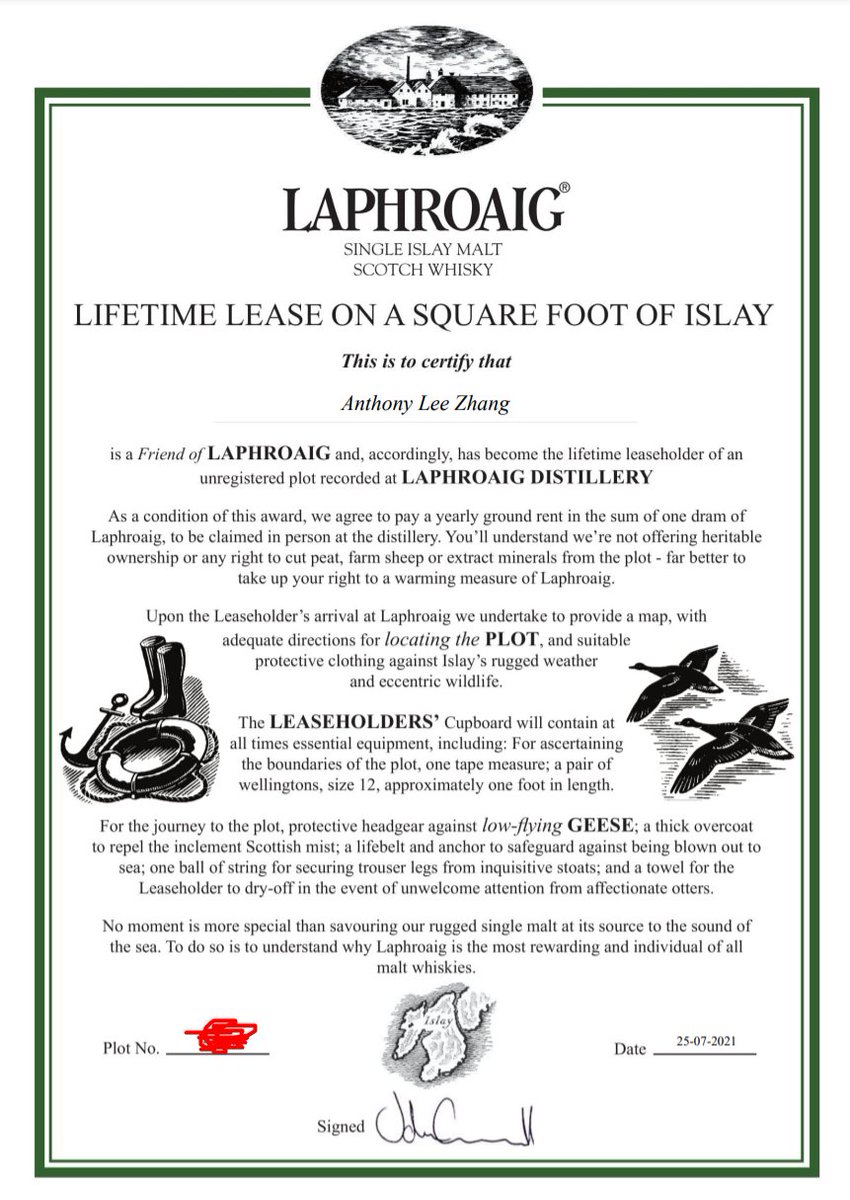
I participate a bit in the econ RA market on the hiring side, and I also hang out occasionally on the @Academic_Econ discord and talk with ppl looking for positions. Strikes me that labor markets (probably all markets!) are shrouded in a perpetual N-way "fog of war"
Each participant in the market sees a small bubble of info, that's available to and relevant to them. No single person in the market actually has the big picture at any particular point in time!
Applicants know the set of positions hiring, but not the screening criteria/hiring bar/etc. I know my own criteria and some colleagues', but other schools could be very different. I see roughly who we win against and who we lose to, but only in a small ball of programs around us
I also don't have a very strong incentive to keep track of broader market developments very closely. So, e.g. my sense is well-researched applicants know the relative placement rankings of different programs better than I do!
At some level this is just Hayek: markets can function well and achieve reasonable outcomes, even if everyone only has "local knowledge" and does local optimization
In theory I learned this in PhD first year? In practice I find it kind of amazing to see it work out in the real world
I use the term "fog-of-war" inspired by watching some free-for-all starcraft on youtube. 8 pros, last one standing wins. Fun, though crazy format. Everyone sees a small ball around themselves, and has to kind of infer global state/optimal strategy
I suppose everyone has to kind of guess who's in the lead, band up to kill the perceived leader, etc. I haven't ever played it but I can imagine theses guesses/common consensus can be hilariously off sometimes
It seems this is a nice analogy for labor markets (and markets more generally?) Everyone is kind of guessing the shape of the elephant from the tiny chunk they see, and what their buddies on neighboring chunks see
The nature of the system is that no one who's an active market participant actually sees the entire elephant, and their locally-extrapolated guesses as to what the elephant looks like can be hilariously far off
en.wikipedia.org/wiki/Blind_men…
en.wikipedia.org/wiki/Blind_men…
• • •
Missing some Tweet in this thread? You can try to
force a refresh






